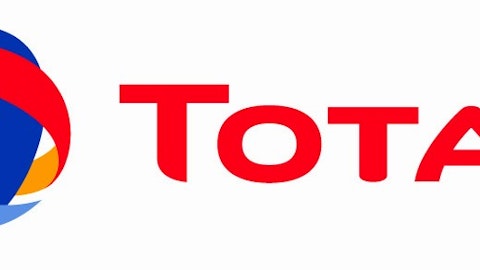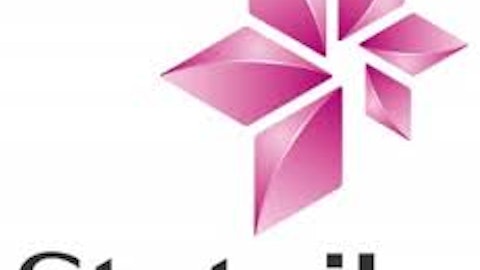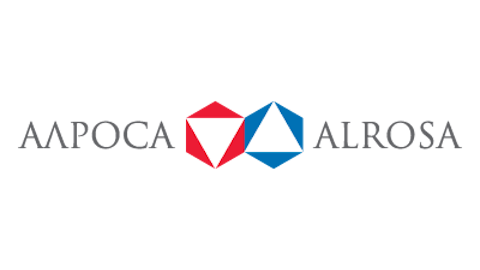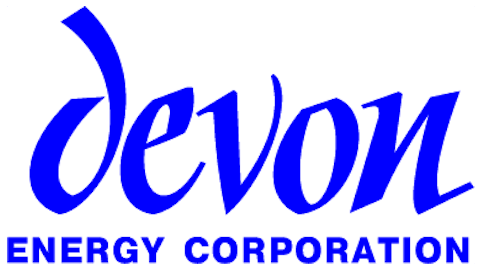Shifting regulatory sands are generating tremors beneath the extractive industry’s once solid ground, and some companies are running scared. A high-stakes fight is now brewing in the wake of a recent court decision.
Dodd-Frank
Two sections of the Dodd-Frank Wall Street Reform and Consumer Protection Act target corporate activity in parts of the world where corruption and human rights violations are especially prevalent. Section 1502 addresses the ongoing conflict in the Democratic Republic of Congo, requiring that companies disclose their use of conflict minerals from that region in their products. After the Chamber of Commerce and the National Association of Manufacturers lost their recent court challenge, ostensibly all possible obstacles to implementation have been cleared.
This week’s developments relate to Section 1504, known as the “Cardin-Lugar” provision, which mandates that companies disclose all payments greater than $100,000 to governments for the extraction of oil, gas, or minerals. A U.S. district court, in response to a lawsuit the American Petroleum Institute, or API, filed against the SEC, had struck down the SEC’s original rules under this section earlier this year, taking issue with the commission’s intent to make companies’ full filings public — as opposed to summaries — and to the SEC’s refusal to grant exceptions for payments to countries that prohibit payment disclosure.
The SEC had until Monday to appeal the court’s decision, and it chose not to do so. That means it’s back to the drafting table for the SEC, which will certainly revive intense jockeying for influence from all sides.

Battle lines
In one corner we have a coalition of environmental and human-rights NGOs, investors, and senators. Oxfam America joined a group of 44 investors collectively representing more than $5.6 trillion of assets under management — with Calvert Investments at the helm — and Sens. Benjamin Cardin (D-Md.), Patrick Leahy (D-Vt.), Carl Levin (D-Mich.), and Edward Markey (D-Mass.), along with former Sen. Richard Lugar (R-Ind.), to pressure the SEC. The group sent a letter to the SEC on Aug. 14, praising the commission for the rules it had originally issued and urging the SEC “to continue its vigorous defense of the Section 1504 rules as it responds to the U.S. District Court’s decision.”
In the other corner is the API, with strong backing from such companies as BP plc (ADR) (NYSE:BP) and Royal Dutch Shell . The API argues that the rule should be scrubbed because it would hand their competitors an unfair advantage, in that state-owned enterprises and private companies would not face the same transparency requirements.
In contrast to Shell’s support for the API’s stance, one of the company’s former senior executives published an opinion piece in The Guardian earlier this year in which he advocated for efforts toward greater transparency. Regarding a similar rule that was under consideration in Europe, Alan Detheridge expressed his concern that his former industry was trying to water down transparency rules.
Interestingly, several companies have distanced themselves from the API’s stance. Newmont Mining Corp (NYSE:NEM) has a website on which it expresses full support for the Section 1504 requirements. The company already fully discloses its payments to governments, so it will be ready when the requirement comes into force. Earlier this year, the Norwegian oil company Statoil ASA(ADR) (NYSE:STO) said it had “explicitly withheld support for the litigation.” Rio Tinto plc (ADR) (NYSE:RIO) sees the potential for competitive advantage in transparency, in that firms can provide host governments with clear evidence of how they contribute to government revenues and communities.
What now?
The fact that the SEC did not appeal the court’s decision comes across as something of a blow to the coalition supporting transparency, although interpretations vary depending on the source. In all scenarios, the SEC has to rewrite the rule, and the API has expressed its eagerness to work with regulators on said rewrite. That the API is a powerful force is undeniable, but the coalition on the other side of the fence packs some muscle as well.
I had a conversation yesterday with Bennett Freeman, a senior vice president at Calvert, and Paul Bugala, Calvert’s senior sustainability analyst for extractive industries. I wanted to know what they saw coming next. Freeman explained:
The fight continues. Calvert will continue not only to be engaged itself, but to help facilitate and mobilize support from other investors for a robust outcome, which, like the original rule, will explicitly take into account investors’ interest in disclosure of data that may be material to our valuation of companies in this sector.
He went on to say that some members of the coalition are involved because of their aim to diminish corruption, human-rights violations, and more. While Calvert is a supporter of these goals, its primary interest is in gaining greater disclosure around increasingly material issues for investors. He added that Calvert admires the SEC’s ongoing diligence in tending to investor interests.
Bugala added:
The first count in the legal challenge … argues that publicly disclosing the information required by Section 1504 would “compel U.S. oil, gas, and mining companies to engage in speech — in violation of their First Amendment rights — that would have disastrous effects on the companies, their employees, and their shareholders.” Calvert and other investors believe firmly that if this argument were to prevail, the result could threaten the fundamental capacity of the SEC to regulate markets, as the First Amendment rights of companies could supersede the need of investors for disclosure of material information essential to promote efficiency, competition, and capital formation.
This thing is going to get hot before the final rules stick. Remember, though, that this is the rule-making process for a law that’s already in effect. That leaves only so much leeway for wrangling. In the end, companies that pursue transparency as a matter of good business are going to be ready, while others will have to expend considerable time and money to catch up, and may end up with some seriously dirty laundry on display.
The article Extractives Will Soon Be Forced to Air Dirty Laundry originally appeared on Fool.com and is written by Sara Murphy.
Sara Murphy has no position in any stocks mentioned. Follow her on Twitter: @SMurphSmiles. The Motley Fool recommends Statoil.
Copyright © 1995 – 2013 The Motley Fool, LLC. All rights reserved. The Motley Fool has a disclosure policy.




